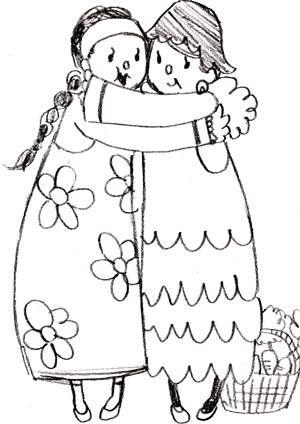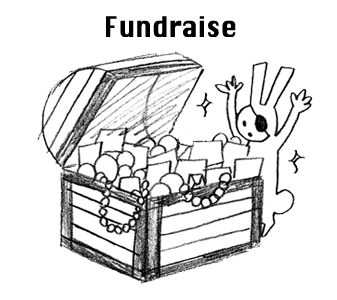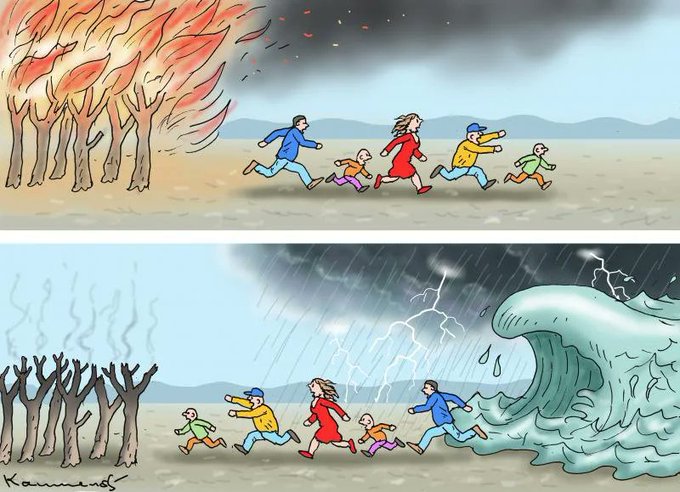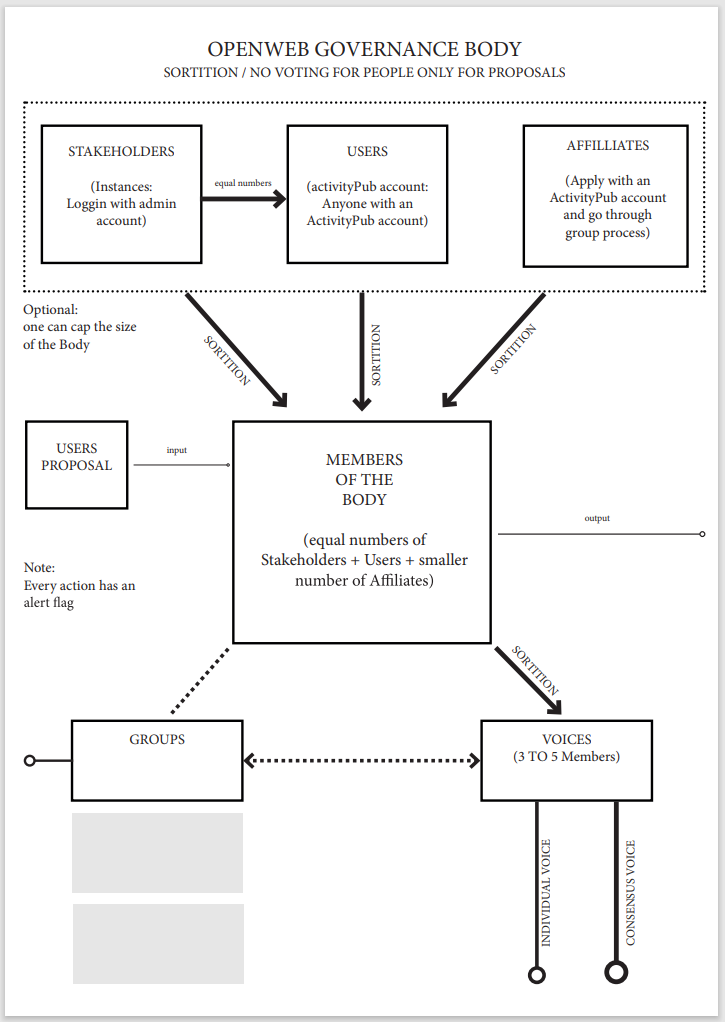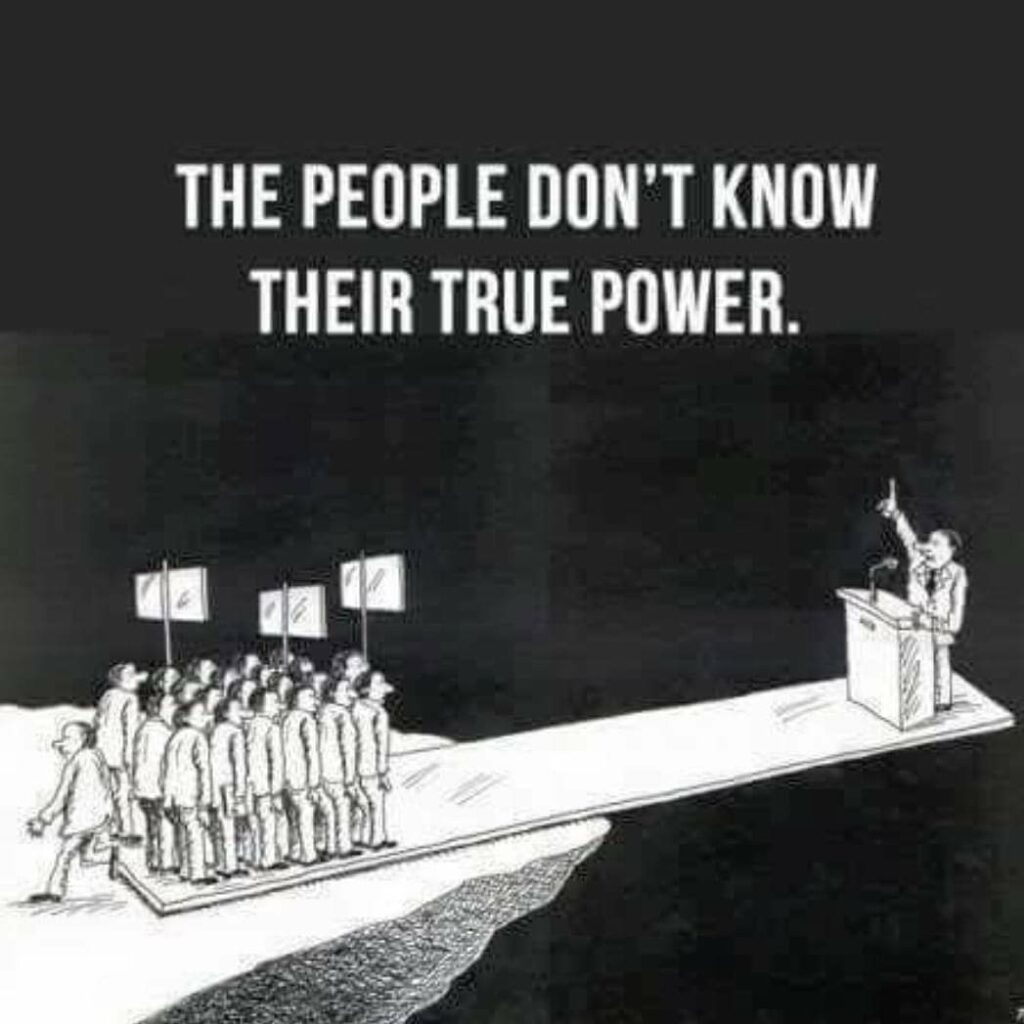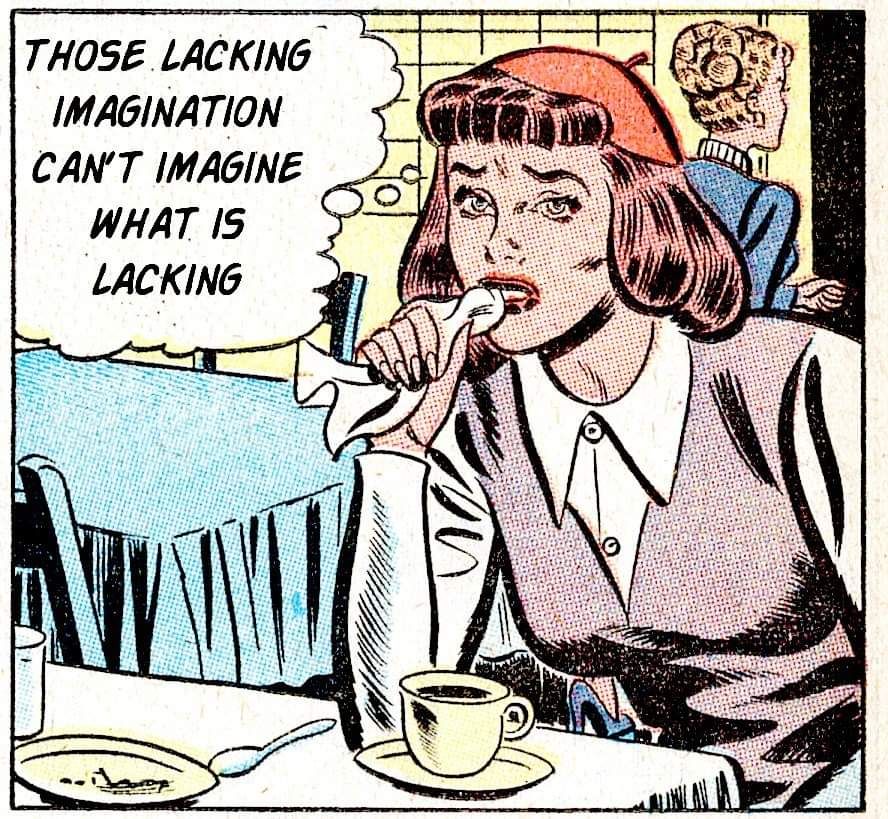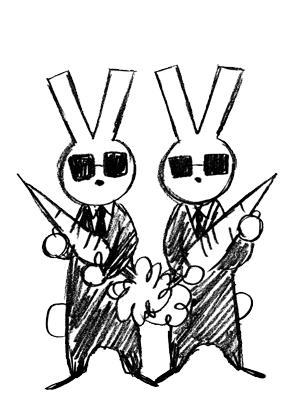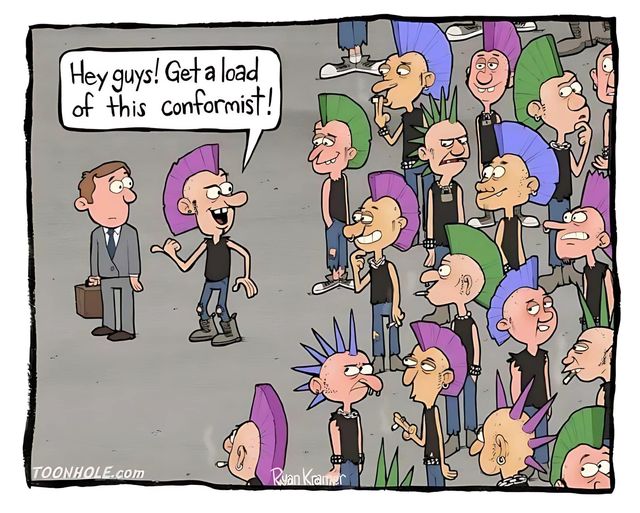From where I’m standing, a lot of people are being absolute prats when it comes to social and technological issues. That should be obvious… but clearly, it’s not. We’ve got two basic paths here:
- #Block everything you don’t like. Predictably, this just creates more prat-ish behaviour and pushes us all deeper into toxic bubbles.
- Ask questions. Grow. Listen. Respond. This reduces prat-ish behaviour – over time, maybe even composts it into something useful.
Now, in the era of #stupidindividualism, which path do you think most people are taking? Yeah. That one. If you’re blocking conversations that challenge you, you’re still kneeling at the altar of the #deathcult. Look up. You’re making a mess of social technology.
“Get off your knees” comes to mind, stop worshipping the #deathcult of neoliberalism, staled #postmodernism. These ideologies have poisoned our communities by turning freedom into isolation and choice into greed. I’m all for freedom, yes, you can choose to be a prat. But I reserve the freedom to call that behaviour toxic and self-destructive. What you do with that communication is up to you, just don’t pretend that #blocking it is some kind of moral high ground.
As Thalia Campbell rightly says, sometimes the best path is just to kindly correct, share info, or talk things through face-to-face. Most of this online prat-ness wouldn’t survive a real conversation, it’s bloated on anonymity, context collapse, and dopamine-fuelled feedback loops.
Yes, what meany people do now is a mess, but mess makes good compost, compost builds soil, soil feeds the common good. And talking about “common sense” is just a way of stirring that compost.
But here’s the mess makeing: we keep repeating the same shit, and instead of composting, we leave it to fester. Capitalism, rooted in self-interested greed, claims to serve the common good. But on the fundamentalist path we have been on for 40 years, it’s clearly failing. War. Growing economic divides. Visible #climatechaos. Poisoned ecosystems and communities.
We can’t survive, or flourish, in a society based on greed. That’s just a simple #KISS message. And neoliberalism, still much of our #mainstreming “common sense”, is nothing but extreme capitalism. It’s the purest form of the #deathcult. It’s eating us alive. Please talk about this.
The #dotcons we have been building our lives in for the last 20 years are undiluted deathcult, surveillance capitalism wrapped in shiny UX. The #openweb? Often like herding cats. And scratch the surface, and yes, sometimes you find the #deathcult there too. But we can’t keep going down this path. We need to stop pushing #mainstreaming agendas that lead us back into the same poisoned mess. That path is BAD. It’s ending in ruin.
We’ve got to try, seriously try, to make things better. Not perfect. Not flashy. Just better.
And that means less prating about. More compost. More care. More common good.
